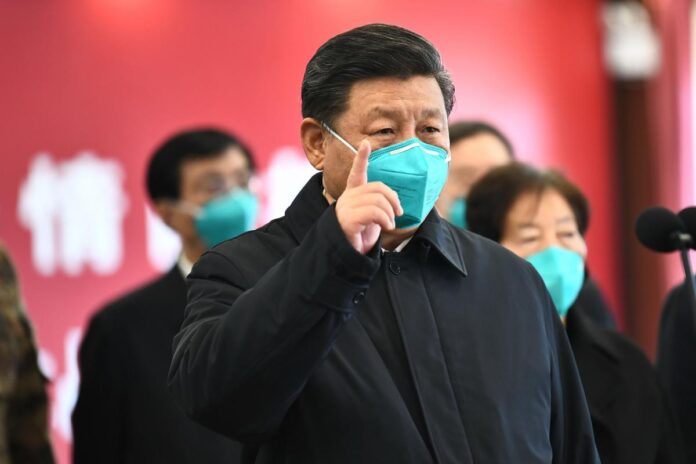Authors: Kurt M. Campbell and Rush Doshi
Affiliation: The Asian Group and The Yale Law School’s Paul Tsai China Center
Organization/Publisher: Foreign Affairs
Date/Place: March 18, 2020/ U.S.
Type of Literature: Journal Article
Word Count: 2465
Link: https://www.foreignaffairs.com/articles/china/2020-03-18/coronavirus-could-reshape-global-order
Keywords: Coronavirus, U.S., Global Position, China and Global Leadership
Brief:
The authors argue that there will be far-reaching geopolitical implications from the current coronavirus on the US global position and the nature of the global order as well. Specifically, that if the United States doesn’t play a global role, this pandemic may become a milestone in which we could mark the decline of US global leadership, just as the 1956 Suez Crisis was a milestone for the end of the British global power era. “The status of the United States as a global leader over the past seven decades has been built not just on wealth and power but also, on the legitimacy that flows from the United States’ domestic governance, provision of global public goods, and ability and willingness to muster and coordinate a global response to crises.” The coronavirus tests all three of these elements of the US leadership, which Washington is failing in this test, the authors argue. On the other hand, China found its opportunity to show its readiness, financial and moral capabilities to take over the global leadership, especially with the “selfish and passive” behavior shown by the United States and Western countries in facing this crisis globally. Despite the mistakes that China committed at the beginning of the crisis, it managed to contain the pandemic (as it claims) and it is now promoting its model of successful governance at the global level, being seen as an essential player in the global recovery from this pandemic. The Chinese leader understands that the provision of global goods could strengthen the rising power credibility of Chinese global leadership, and he has spent the last years trying to lead reforms to “global governance,” so he sees in today’s coronavirus event a great opportunity to put this idea into action. While all European countries and the United States have ignored Italy’s urgent call for preventive medical equipment, today China is sending 1,000 volunteers, two million masks, 100,000 respirators, 20,000 protective suits, and 50,000 test kits. Additionally, China has sent medical teams and 250,000 masks to Iran, 100,000 masks for each African country and medical supplies to Serbia whose president described European solidarity as “a fairy tale” and proclaimed that “the only country that can help us is China.” Moreover, China produces nearly half of the N95 respirators to protect health workers, and its share in the US antibiotic market is over 95%. For the diplomatic mobilization in this crisis, China uses regional and global organizations that it created, such as the Shanghai Cooperation Organization, to promote its initiatives and publicize its institutions, all of which give China an effective tool in its foreign policy. Despite all of this, the authors believe that the success of China’s endeavors to global leadership, in general, depends on what is happening inside the United States as well. Furthermore, the US is still able to change its behavior and lead global initiatives to manage and solve the crisis and provide global benefits as it did before; it also has a huge capability to harness its scientific capabilities in life sciences and biotechnology to be a useful tool for finding a real solution to this pandemic in the case of its inability to provide sufficient medical equipment to the world’s countries as China is doing now. Finally, the authors recommend the United States to strengthen its medical and public cooperation with China to meet common global challenges. They propose that such a step should not be seen as a concession to Chinese power, but rather restores faith in the future of US leadership.
By: Djallel Khechib, CIGA Senior Research Associate




